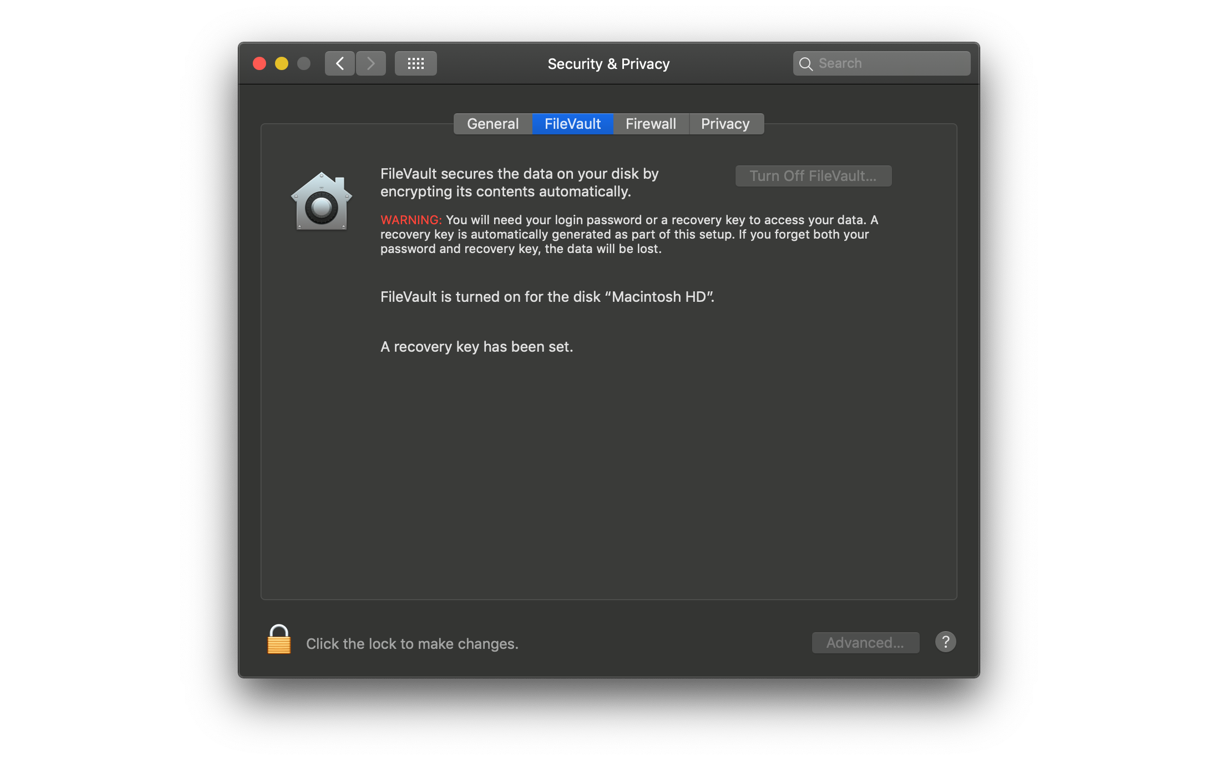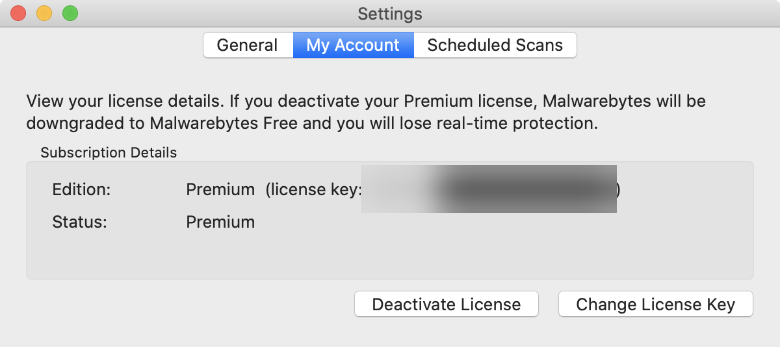

These failures don't involve App Store products, however.įor the reasons given, App Store products, and - to a lesser extent - other applications recognized by Gatekeeper as signed, are safer than others, but they can't be considered absolutely safe. It has, however, the same limitations as XProtect, and in addition the following:Īpple has so far failed to revoke the codesigning certificates of some known abusers, thereby diluting the value of Gatekeeper and the Developer ID program. Gatekeeper doesn't depend on a database of known malware. That may not mean much if the developer lives in a country with a weak legal system (see below.) His identity is known to Apple, so he could be held legally responsible if he distributed malware.

Software certified in this way hasn't necessarily been tested by Apple, but you can be reasonably sure that it hasn't been modified by anyone other than the developer. By default, applications and Installer packages downloaded from the network will only run if they're digitally signed by a developer with a certificate issued by Apple. Starting with OS X 10.7.5, there has been a second layer of built-in malware protection, designated " Security updates to the code of obsolete systems will stop being released at some point, and that may leave them open to other kinds of attack besides malware.ģ. The security of obsolete system versions may eventually be degraded. As new versions of OS X are released, it's not clear whether Apple will indefinitely continue to maintain the XProtect database of older versions such as 10.6.


 0 kommentar(er)
0 kommentar(er)
